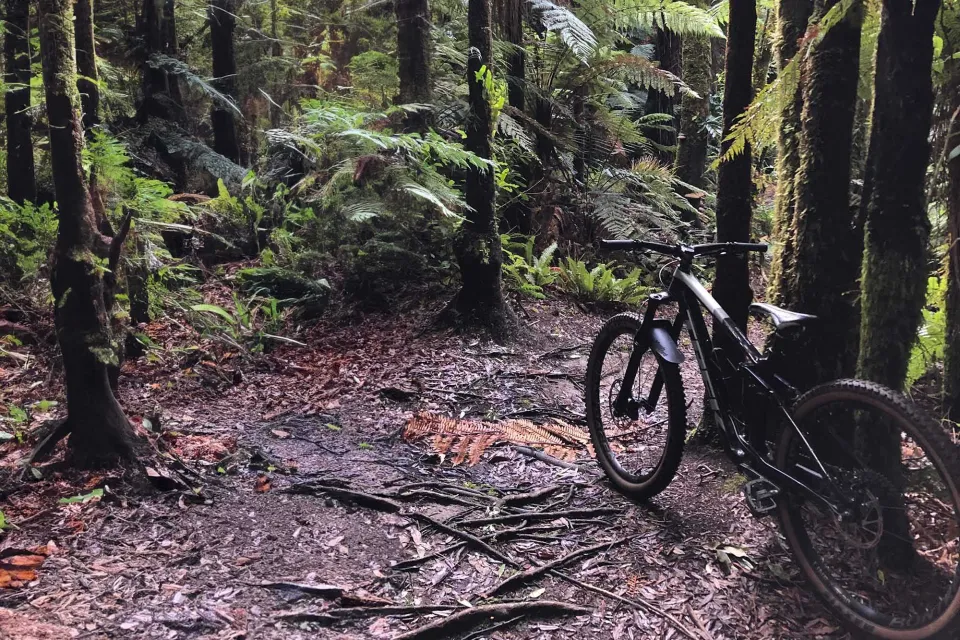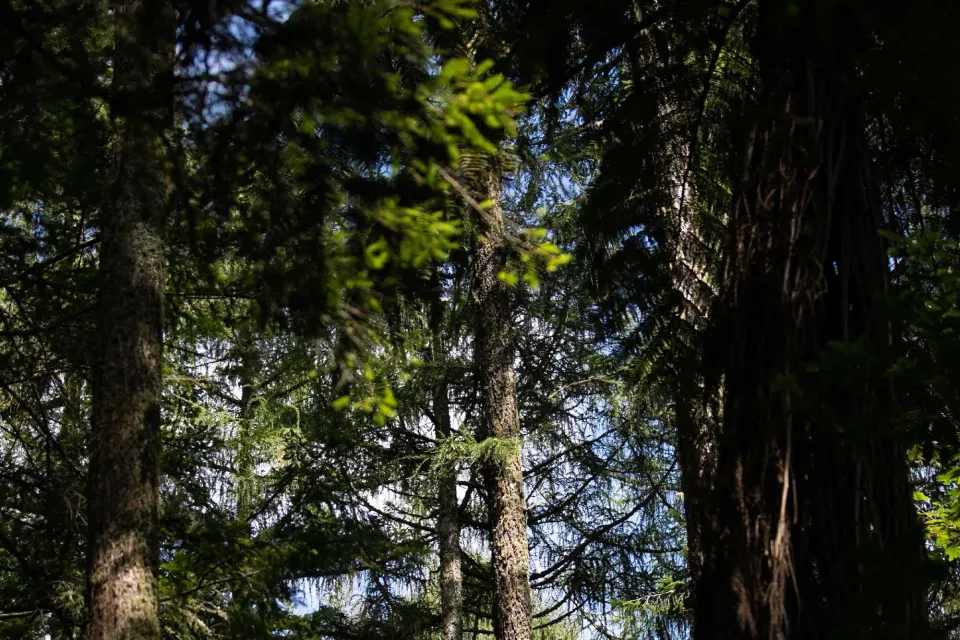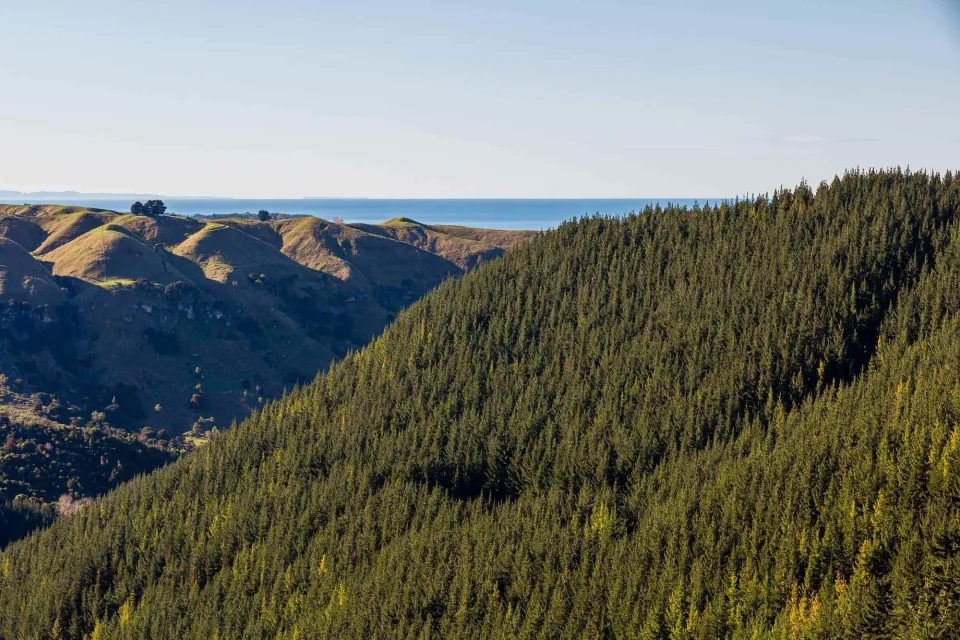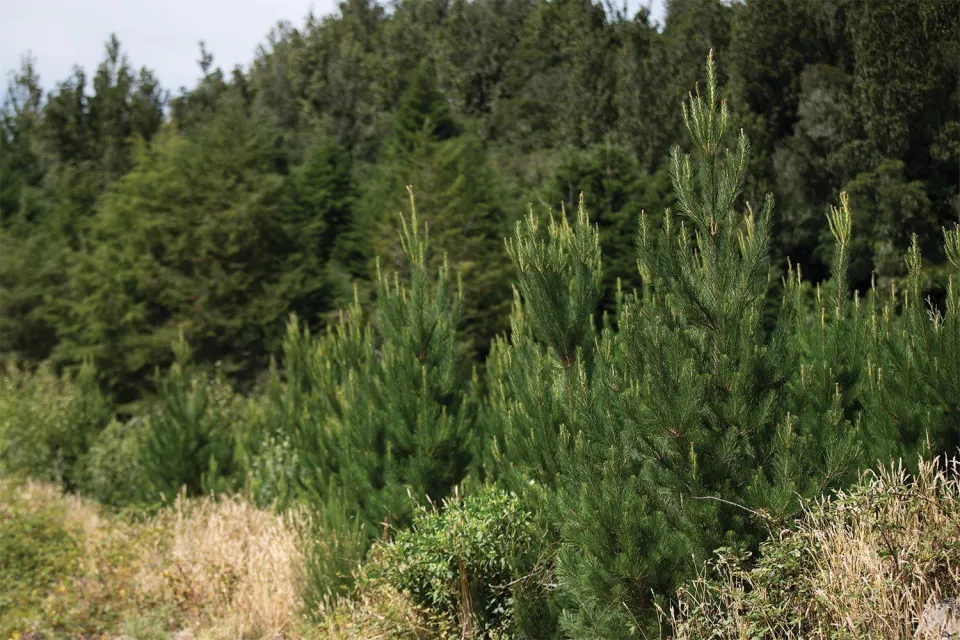-
About
-
Products
- By Timber Product
- Cladding
- Decking
- Joinery
- Screening
- Panelling
- View all
- By Application
- Exterior Cladding / Siding
- Exterior Rain Screen
- Exterior Roofing
- Interior Walls & Ceilings
- Soffits
- Screening, Fins & Battens
- Windows, Doors & Joinery
- Posts & Beams
- Accessories + Samples
- Coatings
- Fixings
- Samples
-
Shop
- Samples
- Timber Samples
- Architectural Sample Box
- View all
- Accessories
- Coatings
- Fixings
- View all
-
Resources
- By Resource Type
- Technical Data Sheets
- Guides & Manuals
- Technical Articles
- Profile Drawings
- View all
- How To
- How To Specify
- How To Install
- How To Maintain
- Projects
- Contact
Where Industry Meets Recreation
Where some see a lucrative plantation forest, others see the potential for an epic downhill mountain bike track.
Plantation forests around the country have partnered with local mountain bike clubs to enable enjoyment of their tree-lined hills between harvests, with exceptional benefits for the local economy and health.
Economist Benje Patterson has released a report that shows the economic benefits of bike tourism within forestry land. It states that at least $291 million was spent by bike tourists visiting New Zealand’s plantation forests in 2022, on top of the $6.7 billion earned through log and timber exports.
According to the report, there are at least 96 plantation forests currently used for recreational mountain biking in New Zealand with an estimated 600,000 riders visiting each year.
Of those riders, around 265,000 are local residents while the remainder are visitors to the region, contributing to the economy through accommodation, retail and hospitality spending – and this is estimated to support around 1,490 jobs across host regions.
In a 2023 study, Scion senior research economist Dr. Richard Yao and resource economists Julio Botero and Saeed Solaymani investigated the economic value of mountain biking and its well-being benefits, and how plantation forests compare to other mountain biking destinations.
The study found that mountain biking brings $112.3m into the New Zealand economy every year, with the forestry sector seeing 0.5% of the benefits.
Although Yao notes that the financial gain for forestry from mountain biking may be relatively small – survey data was used to create ‘what if’ scenarios to see how different locations affected the well-being of mountain bikers travelling from far away – findings showed people got more enjoyment from visiting the top four plantation forest spots compared to top six non-plantation forests.
Forestry estate managers for one of the sources of Abodo's Radiata Pine, Pan Pac Forest Products Ltd partners with Hawke’s Bay Mountain Bike Club in the creation and maintenance of purpose-built trails running through Tangoio Forest. Abodo timbers are predominantly derived from sustainably managed plantation forests such as these, with many open to visitors with walking and cycling trails that bring people into the outdoors.
Considering native forests in need of protection, bringing cyclists into plantation forests is a safe alternative that allows this recreation to take place without risking damage to important habitats and old growth trees.
With sustainability front and centre to our operations at Abodo, we are proud to source our timbers from forestry operations who welcome cyclists and recreational users into their forests and look forward to seeing the growth of this industry in the future.




